Mental Health Issues Among Indian Teenagers Post-COVID: A Crisis India Can’t Ignore
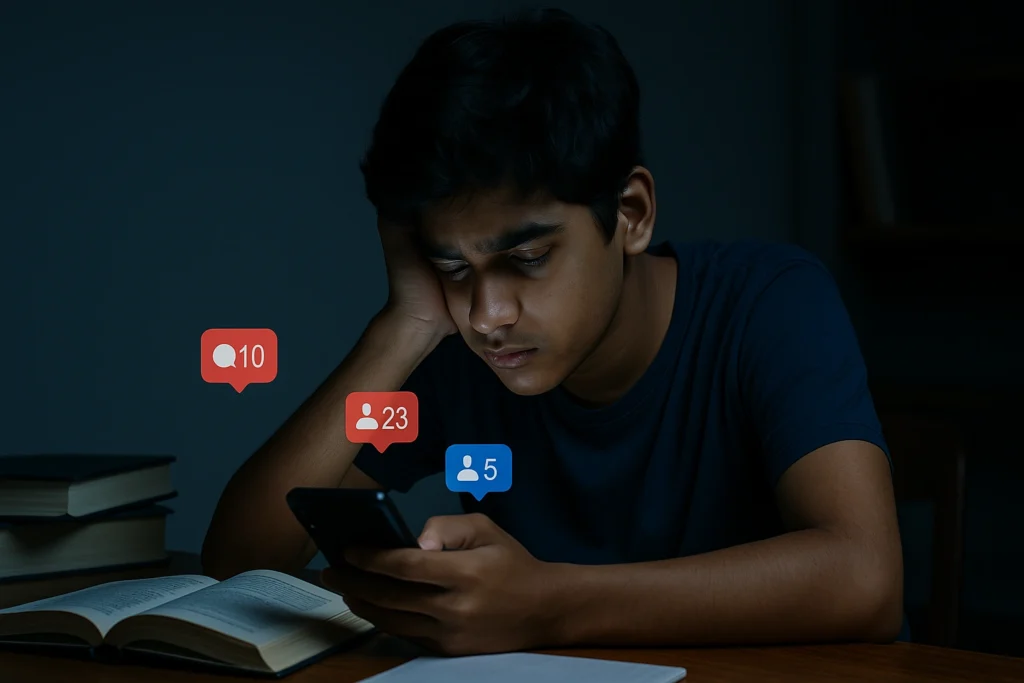
An Indian teenager battles isolation and stress, overwhelmed by academic pressure and constant social media distractions in a post-COVID world.
By Somya Prabhat | Newslyy.com
Mental health issues among Indian teenagers post-COVID are rising across the country—from quiet neighborhoods in Pune to crowded coaching hubs in Kota. While schools are open and streets are busy again, a silent crisis is deepening inside the minds of India’s youth. What began as a global health emergency has now transformed into a psychological struggle for millions of teenagers, many of whom still haven’t found their way back to emotional stability.
Table of Contents
A Crisis with No Sirens
Unlike COVID’s physical symptoms, mental health doesn’t announce itself. There are no positive tests, no hospitalizations, no oxygen shortages. But that doesn’t mean the crisis is any less real.
According to a 2024 study by NIMHANS, over 58% of Indian teens reported ongoing symptoms of anxiety or emotional distress linked to the pandemic. That’s more than one in two. Many have trouble concentrating. Some avoid school. Others struggle with constant overthinking or sudden panic. But because there are no visible wounds, their pain goes unnoticed—or worse, dismissed.
The mental health issues among Indian teenagers post-COVID are not just “mood swings” or “rebellious behavior.” They are real, measurable, and rising.
What Changed—and What Didn’t
The pandemic turned normal teenage life upside down. No classrooms, no sports, no birthday parties. For almost two years, young people were cut off from the world during one of the most emotionally volatile phases of life. And then, just like that, the world reopened.
But teenagers weren’t ready.
In tier-1 cities like Bengaluru, students returned to school with performance pressure doubled. Teachers were rushing to cover the syllabus. Parents were urging their children to “make up for lost time.” But emotionally, many teens were still stuck in lockdown. Still grieving losses—whether of a loved one, a routine, or a sense of identity.
In smaller towns like Aligarh and Patna, the situation was worse. Many students had dropped out altogether. Girls in particular were forced into domestic responsibilities during the lockdown and never returned to school. Their emotional needs were never discussed, let alone addressed.
Social Media: Escape or Enemy?
While the world shut down physically, teenagers turned to their phones for connection. But social media became both a lifeline and a landmine.
On one hand, it offered distraction. On the other, it intensified feelings of inadequacy. Scrolling through picture-perfect lives while dealing with academic stress, body image issues, and family tension only worsened self-esteem.
“I started following fitness pages,” says Meenal, 15, from Indore. “At first, it motivated me. But soon I just felt like I could never look like them. I started skipping meals.”
This kind of emotional spiral is increasingly common. And mental health issues among Indian teenagers post-COVID often begin in such small, silent moments.
Where Are the Counselors?
In an ideal world, schools would step in. But the reality on the ground is bleak. Government schools rarely have counselors. Private schools do—but often, the ratio is one counselor for hundreds of students.
“I visit five schools a week,” says Dr. Richa Mahadevan, a child psychologist based in Chennai. “Most teens I meet don’t even know what a panic attack is. They just say their chest hurts, or they feel like crying all the time.”
In the absence of mental health education, teenagers blame themselves. Or they just shut down.
The gap in infrastructure is massive. India has fewer than 1 psychiatrist per 100,000 people, according to WHO standards. For adolescents, the number is even lower.
Stigma: The Invisible Barrier
Even when help exists, stigma keeps teens from reaching out. In many Indian homes, emotional struggle is a taboo topic. Parents often equate mental illness with weakness or “bad upbringing.”
Amit, a 17-year-old in Lucknow, says he once tried to tell his father he felt depressed. “He said I was being dramatic. That I had everything—a roof, food, internet—so what was there to be sad about?”
This response is tragically common. Until families acknowledge that mental health issues among Indian teenagers post-COVID are legitimate and serious, little will change.
You may also like (Why Monsoon Viral Fever in India Keeps Coming Back)
What Can Be Done?
Change doesn’t need to be expensive—it needs to be intentional.
- Training teachers to recognize signs of distress
- Incorporating mental health modules into everyday lessons
- Opening helplines in regional languages for rural teens
- Hosting community conversations to normalize emotional struggles
- Encouraging celebrities and influencers to speak about mental health without shame
Small, local efforts can trigger larger shifts in awareness. But they require commitment.
A Note of Caution—and Hope
The stakes are high. Suicide is now the leading cause of death among Indian youth aged 15–24. This is no longer a side issue—it is a national crisis.
And yet, there is hope. NGOs like The Mind Clan and Sangath are creating youth-led mental health initiatives. Podcasts, Instagram therapists, and even school clubs are breaking the silence. But we’re still at the beginning.
Also Read (WHO reports on mental Health)
Conclusion: Listen Before It’s Too Late
The pandemic stole two years from India’s teenagers. Let’s not let ignorance steal the rest. Mental health issues among Indian teenagers post-COVID are not going away on their own. They need attention, infrastructure, empathy—and above all, action.
If you’re a parent, a teacher, or even a friend: ask how a teen is doing. And then, really listen.


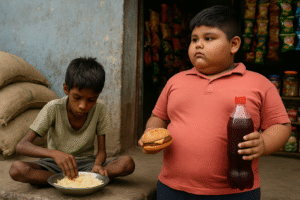
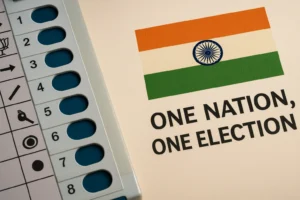
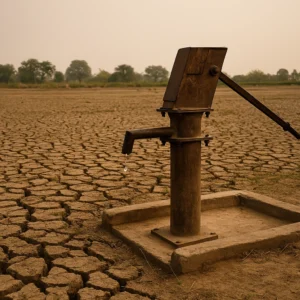
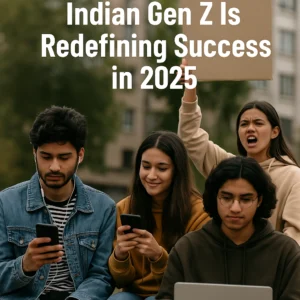
2 thoughts on “Mental Health Issues Among Indian Teenagers Post-COVID: A Crisis India Can’t Ignore”